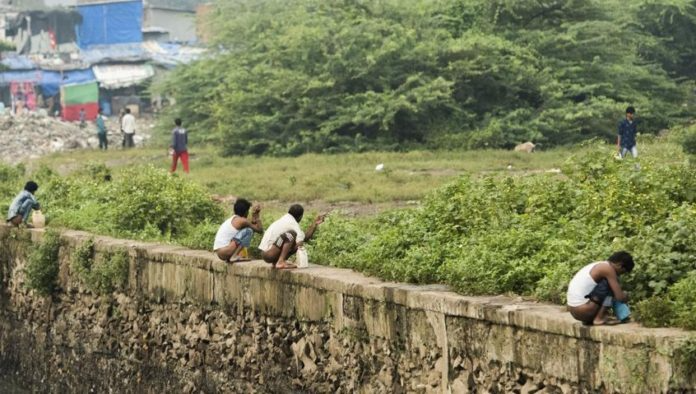The Borno Government, in collaboration with UNICEF, will launch a comprehensive roadmap to eliminate open defecation as part of activities marking the 2024 World Toilet Day on November 19.
The initiative aims to tackle sanitation challenges and improve the wellbeing of communities, particularly women and children, across the state.
The launch will also kickstart a campaign to make Borno an Open Defecation Free (ODF) state by accelerating access to sanitation and hygiene services.
Speaking during a media parley ahead of the event on Tuesday, Mamita Thakkar, UNICEF’s Water, Sanitation, and Hygiene (WASH) Manager, revealed the urgency of addressing the global sanitation crisis.
She highlighted the huge progress Borno has made in sanitation.
“Open defecation not only harms physical health but also diminishes productivity, hinders school attendance, and affects overall quality of life,” Thakkar said.
She added, “The theme of this year’s World Toilet Day, ‘Countdown to 2030,’ focuses on accelerating global efforts to address the sanitation crisis.
“In Borno, nearly half of the population lacks access to basic toilets, putting everyone at risk of waterborne diseases such as cholera.
“The 2021 WASH NORM report revealed that while 53 per cent of the state’s population uses basic latrines, the remainder relies on unsafe waste disposal methods.
“This shortfall also affects public spaces, including schools, markets, and health facilities, further compounding health risks and inequalities.”
Thakkar emphasised that the roadmap reflects the commitment of Gov. Babagana Zulum’s administration to achieving the UN Sustainable Development Goal (SDG) 6, which calls for universal access to water and sanitation by 2030.
“Borno State has made remarkable progress, with two local government areas already declared Open Defecation Free. Sustaining this momentum requires focused efforts on speed, scale, equity, and sustainability,” she noted.
According to Thakkar, the roadmap will provide a structured approach to enhancing sanitation infrastructure and service delivery.
This, she said also aligns with the government’s broader WASH agenda, supported by an Inter-Ministerial Steering Committee.
She commended Borno’s leadership in sanitation efforts and urged the state to prioritise this issue as a key administrative and political goal.
Achieving ODF status, she stressed, would strengthen community resilience and improve health, nutrition, and education outcomes.
“UNICEF pledges its continued support to Borno in implementing the ODF roadmap,” Thakkar added, noting that sanitation is essential for the state’s socio-economic development and the realisation of every child’s potential.
NAN


